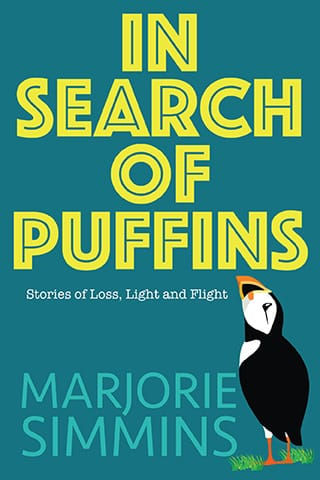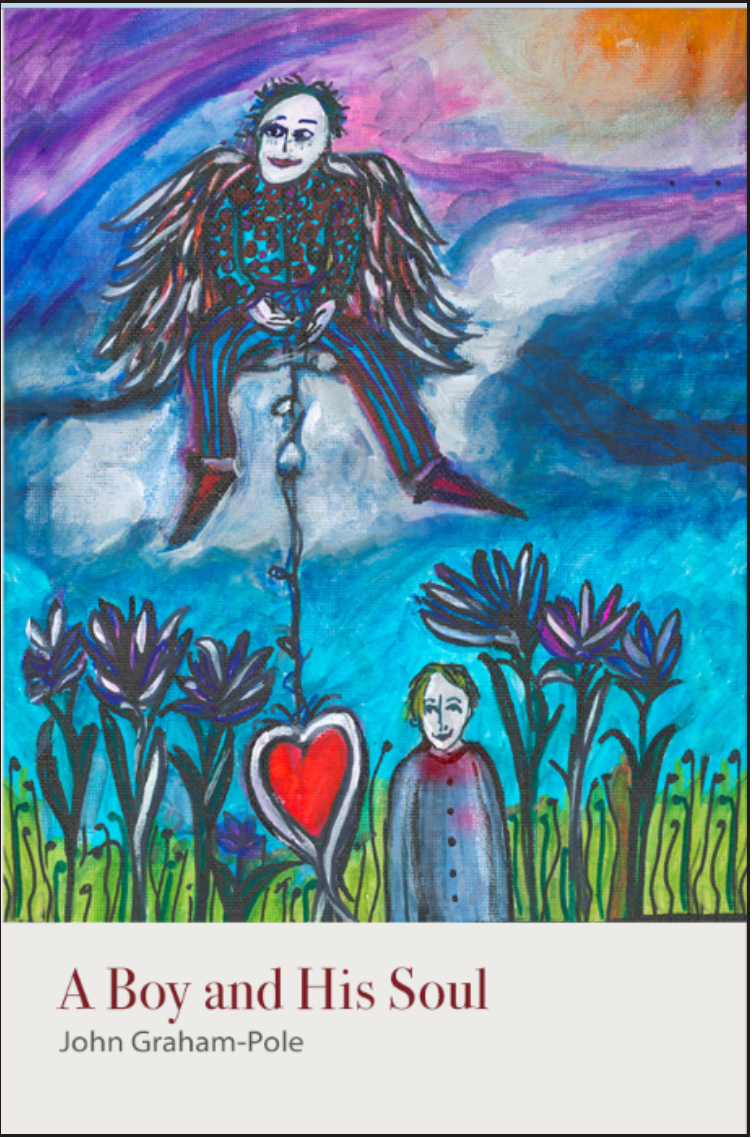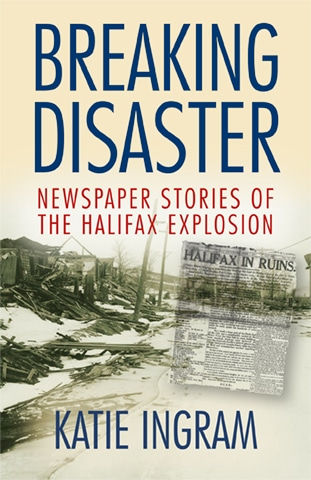You Could Believe in Nothing
Jamie Fitzpatrick’s debut novel tells of a muddled adulthood in St. John’s, Newfoundland. Derek is forty-one years old. His girlfriend has just left him for a job in Ottawa, his father, a DJ at the local classic rock station, is about to go to court, and his rec hockey team is up in arms about a TV reporter’s attempts to glorify their weekly games. When Derek’s half-brother, Curtis, comes home, the visit stirs up nagging questions about their parents’ early days, and Derek examines again what it means to make commitments that may or may not bring real happiness.
Fitzpatrick captures the subtleties of casual conversation and the often understated wit that emerges between old friends. Having grown up after the decline of whatever might have been the real Newfoundland, Derek and his teammates are generally at a loss to defend the urban, mostly wayward lives the occupy. Set into a wet spring in St. John’s, its rinks, streets, and landmarks, and the sunken map of old haunts and years gone by, You Could Believe in Nothing is a study in familiarity and self-definition, underlining how little we sometimes know about ourselves and the people we know best.






















